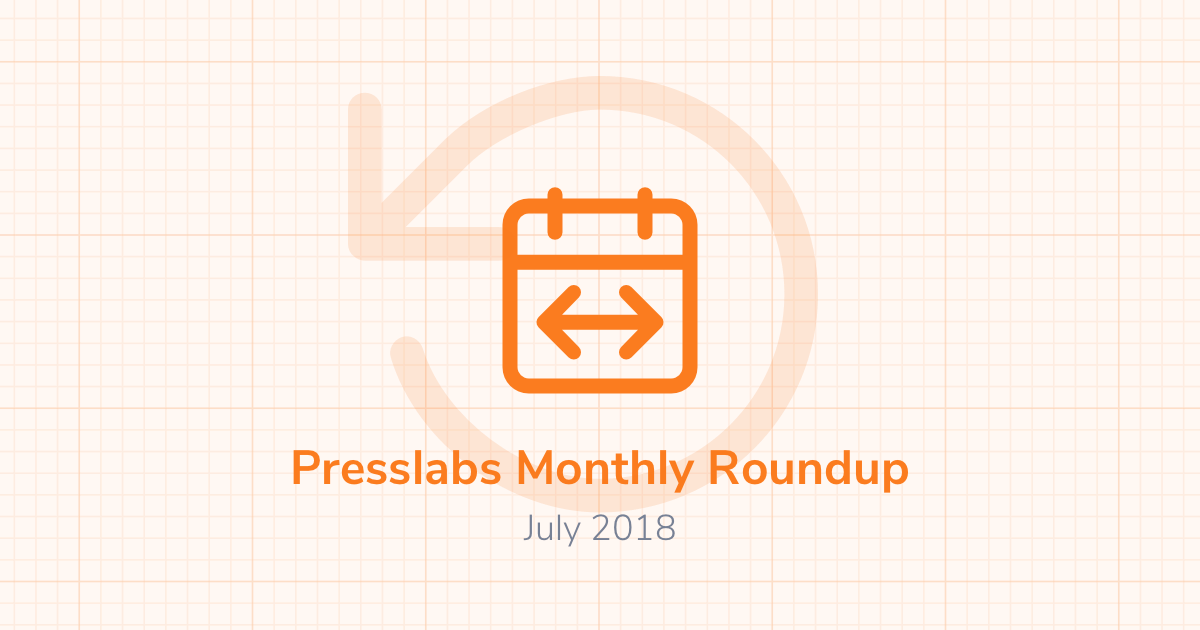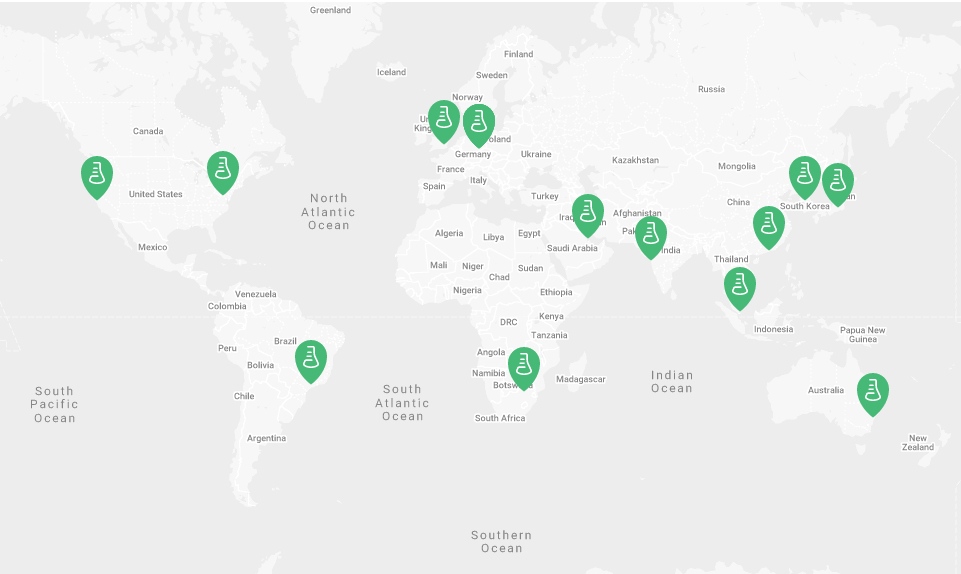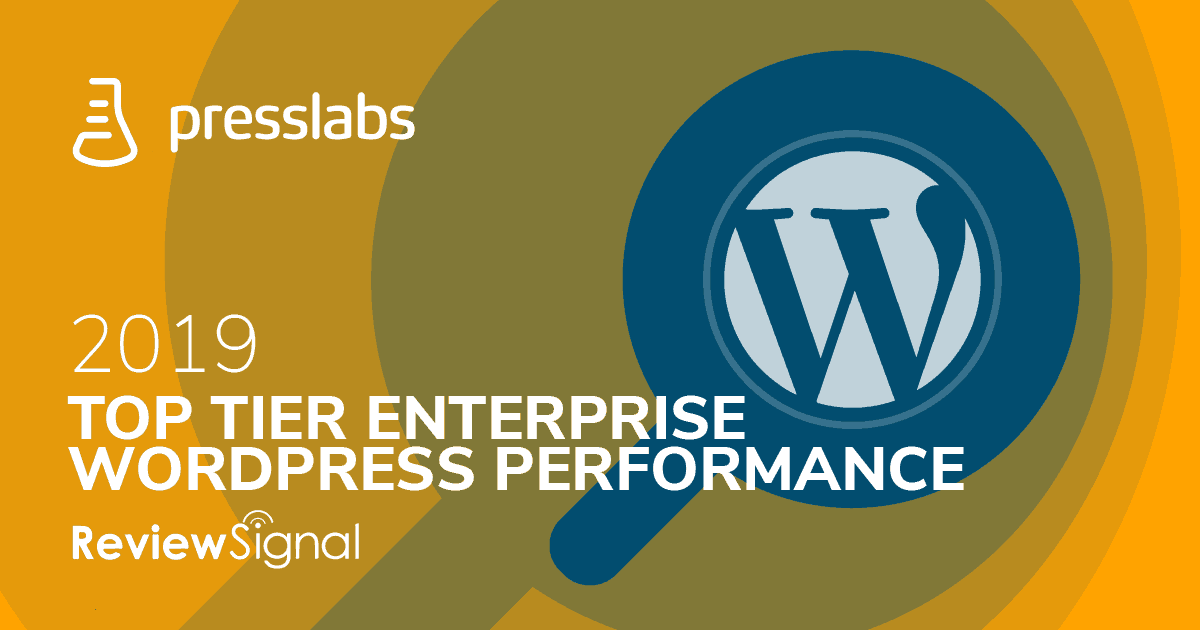

It’s been an intensely hot July here in Timisoara, with the sun melting over our Presslabs office. Even the city boats started sailing on the Bega river to chill away from the already accustomed urban warmth. But no matter how hot it was, we had to play it cool to keep up with our development plans.
#Strolling on the Streets of Tech
We’ve started an end-to-end testing of our test for Kubernetes and MySQL operators last month, concluding 7 months’ worth of hard work to create the resources for a fully-functional, highly available Kubernetes MySQL Cluster. Our aim is to bring the cluster to a stable state and also to finely tune its corresponding line parameters.
As the saying goes, “the more you do, the more you can do about it”, and that’s how it’s always been for us—whenever there was some extra steam, we poured some more energy into our open-source projects. We’re happy to let you know that we’re on our way to launching the mighty Presslabs WordPress Operator, our newest WordPress initiative, and possibly a keystone in the foundation of standardizing WordPress hosting. We are working on the first version of the WordPress resources, searching for a smooth way to implement it using Kubernetes.
Because Kubebuilder v.0 isn’t reliable enough, we have decided to migrate our work on Kubebuilder v.1. In terms of utility and functionality, Kubebuilder v.1 is more stable and clean and reduces the written code quantity, which means more time to implement and develop other features.
Talking about change and adaptation, we have for you a short story of how we rebuild our documentation using Hugo. Hugo is a flexible static generator that allows you to define your own index and build your templates, providing a solid theme infrastructure and few libraries which serve to improve the running time.
We’ve replaced MkDocs with Hugo and we couldn’t be happier about it. Hugo was our first choice because of the benefits it brings: it’s flexible, easy and fast to build, SEO-friendly and with very few dependencies.
Here’s an overview of how we use Hugo to customize our documentation and the main areas we’ve worked on:
- Content Categorization– we’ve made some improvements to our documentation structure, navigation, search engine sitemaps, and related content, which will altogether help users to easily navigate and find information on our site.
- URL redirection– we have used aliases directly in Hugo. For general redirects, we’ve used webserver 301.
- Search using Algolia- we have improved our searching technology by implementing a dedicated API designed by Algolia.
- Drone Continuous Delivery- in front of the multitude of changes made daily in our source-code, we ensure our code is in a continuously deployable state.
#New Stories to Tell
In July, we’ve crafted some new blog posts featuring a variety of themes and subjects. If you have missed some of them, here you will find a short introduction:
Where WordPress Intelligence & Data Analytics Meet
This is a long debated topic and the answer isn’t quite simple, as the WordPress landscape and functionality constantly face progress. In order to keep up with the change, you have to opt for a technology which provides data insights and supports business decisions.
Maintaining the trend we’ve started last month, we’ve published some new articles in our “How To” blog post series.
The Two Most Common Error Messages Every Publisher Should Know How to Fix
This is a straightforward article to help publishers with the latest hints and tips on how to get the most out of the WordPress environment. By following just a few easy steps, you should be able to fix the errors in just a few minutes.
Our 3rd article was a comprehensive guide for the most popular image optimization WordPress plugins. We have tested the plugins and they do a great job in terms of image optimization and image compression. You can check the results in our article before you make a choice.
Let’s see what August brings!

